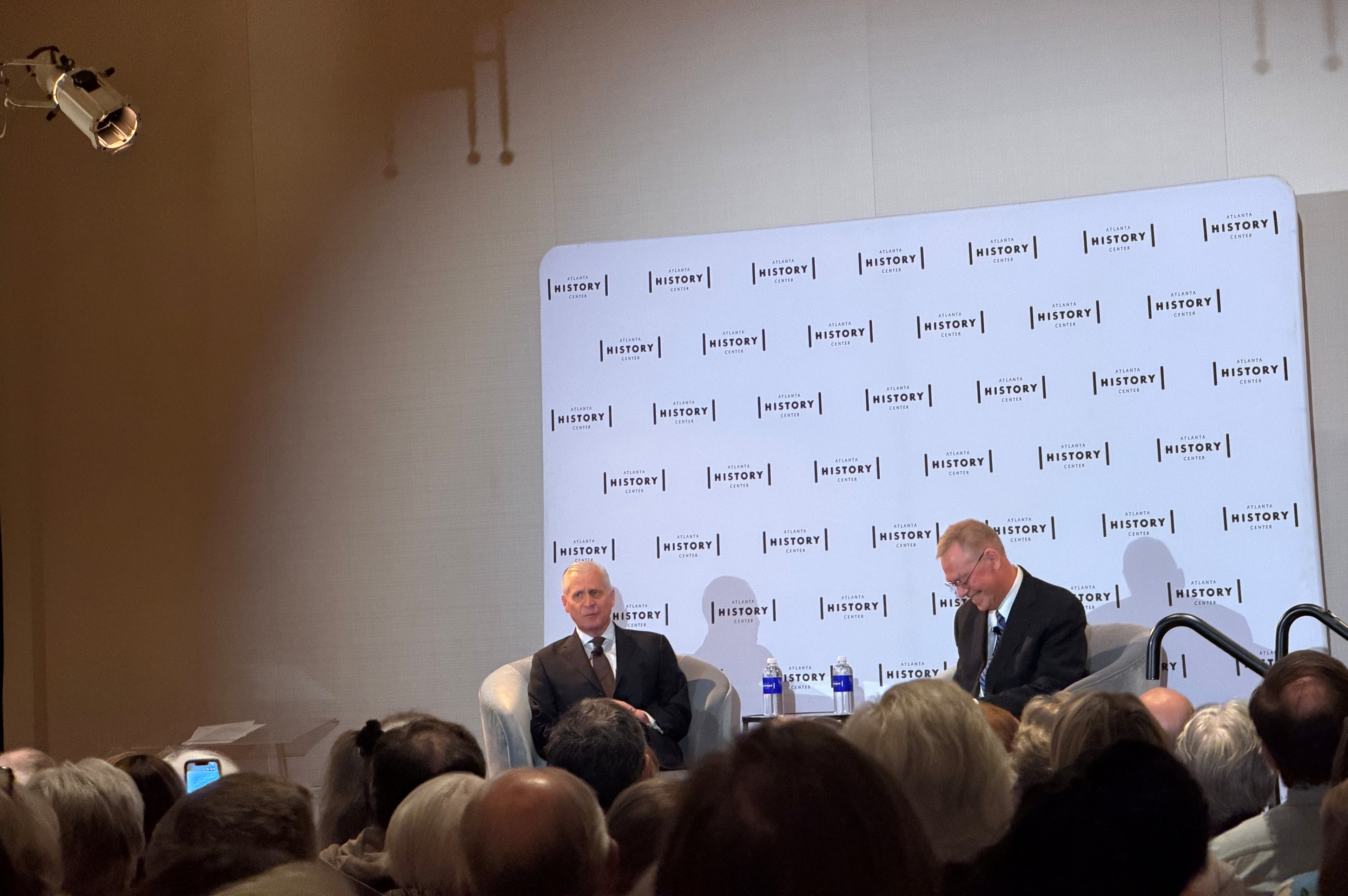Scott Walker on how the GOP can win anywhere
The “SEC primary” dreamed up by Georgia’s secretary of state, Brian Kemp, is already making an impact. GOP presidential aspirants are treating Georgia like an important primary state, not just a campaign ATM.
But just as the South is poised to have a larger say about the nominee, the Republican Party is coming off a mid-term election cycle that showed strength beyond the region. GOP governors not only won re-election in such typically blue states as Michigan and New Mexico; they took office in Illinois, Maryland and Massachusetts.
Had Mitt Romney won every state that now has a Republican governor, he’d be president.
Instead, as many as 16 Republicans may run for president in 2016. The most recent prospect to visit Atlanta has been one of the most successful at winning, and then governing conservatively, in a blue state.
“I think Republicans do well all across the country because we get things done,” Wisconsin Gov. Scott Walker told me in an interview Monday, after meeting about 150 supporters at a Buckhead hotel. “That’s the focus: that we’re optimistic, and we’re focused on getting things done, and we’ve got a proven track record.”
Walker said that track record — not only in Wisconsin, where the unemployment rate in April was a full percentage point below the U.S. average, but in other GOP-led states — is something Romney should have promoted in 2012.
“I think that argument’s even truer now,” he said. “Almost all of the battleground states are led by Republican governors. … What our argument should be, when going into those states, is: Remember how things were messed up? You not only elected Rick Snyder (in Michigan), Rick Scott (Florida), Susana Martinez (New Mexico), but you re-elected them because they made things better.
“Imagine how much better if we could elect a reform-minded Republican like that to be president.”
That will require the GOP to win over voters who tend to back Democrats, such as those under age 25.
“I’ve got two sons in that category,” he said. “They’re much more libertarian than they are liberal. They don’t like ‘big’ anything: big unions, big government, big business for that matter. And so anything that makes it look like you’re making it easy for someone coming out of school to go out and live their life, that’s what my argument is. … The other side says it’s connected to you? Look: They want to keep permits, regulations, all these layers of government; that’s not good for you.”
Walker also cited his fights against seniority and tenure in the public sector as attractive to millennials, as well as another group Republicans must win over.
“Women are more likely at some point in their careers, particularly with families, to take some time off,” he said. “They come back into the workplace, even if they’re professionally of a higher merit, sometimes based on seniority or tenure restrictions they’re not able to compete at the same level as their peers who haven’t left the workplace. Those are all issues I think we can make compelling.”
Reining in an intrusive government has been compelling to voters in many states. It ought to resonate in a national election, too.


